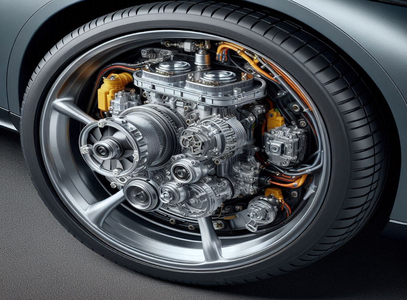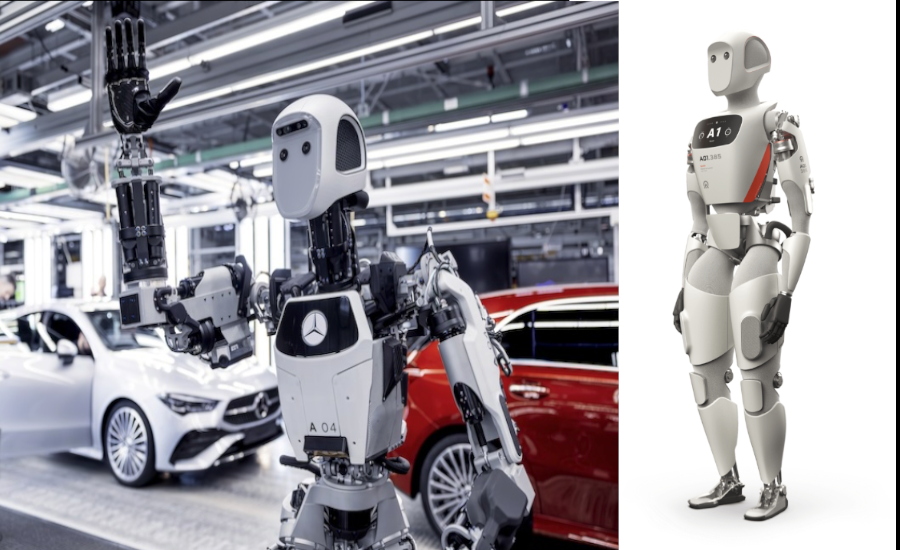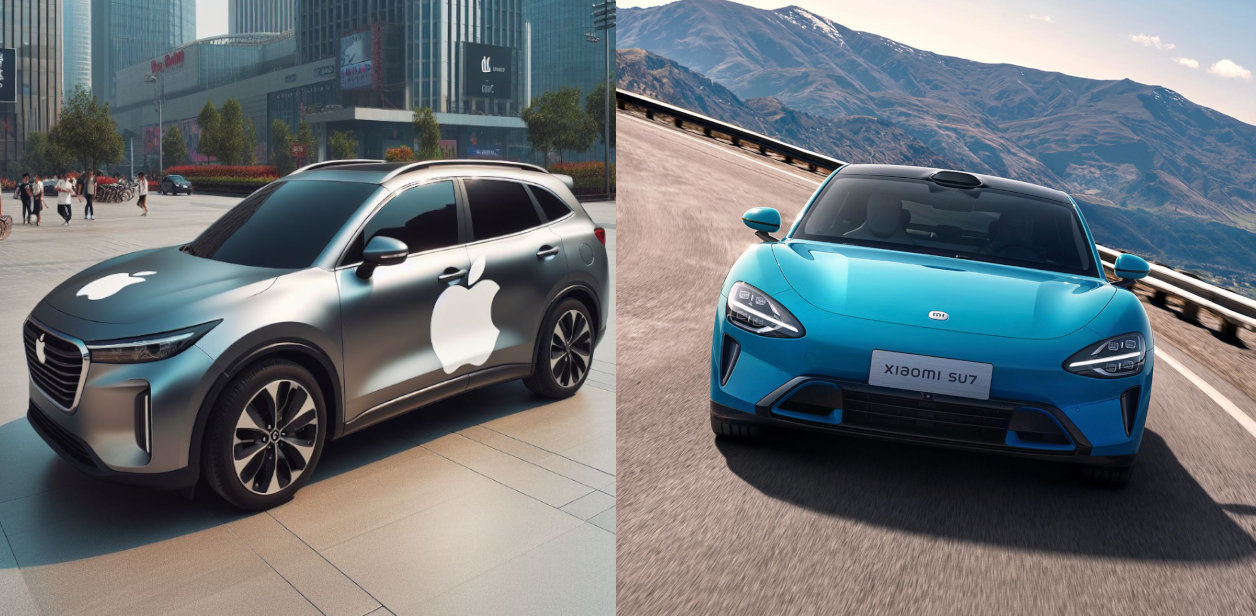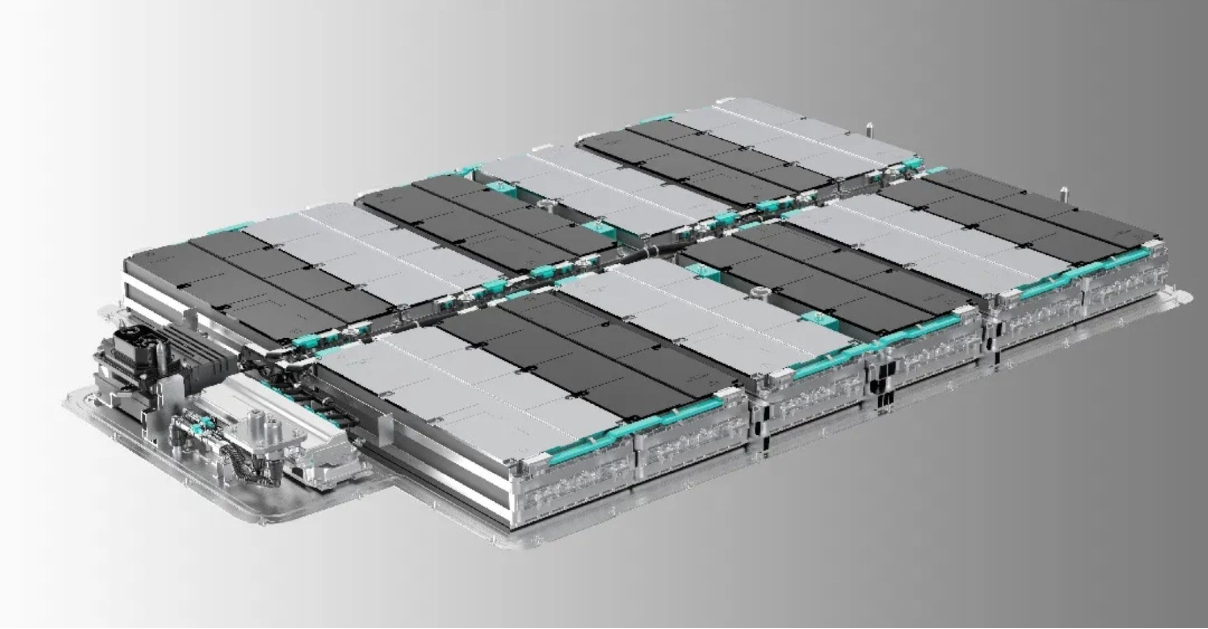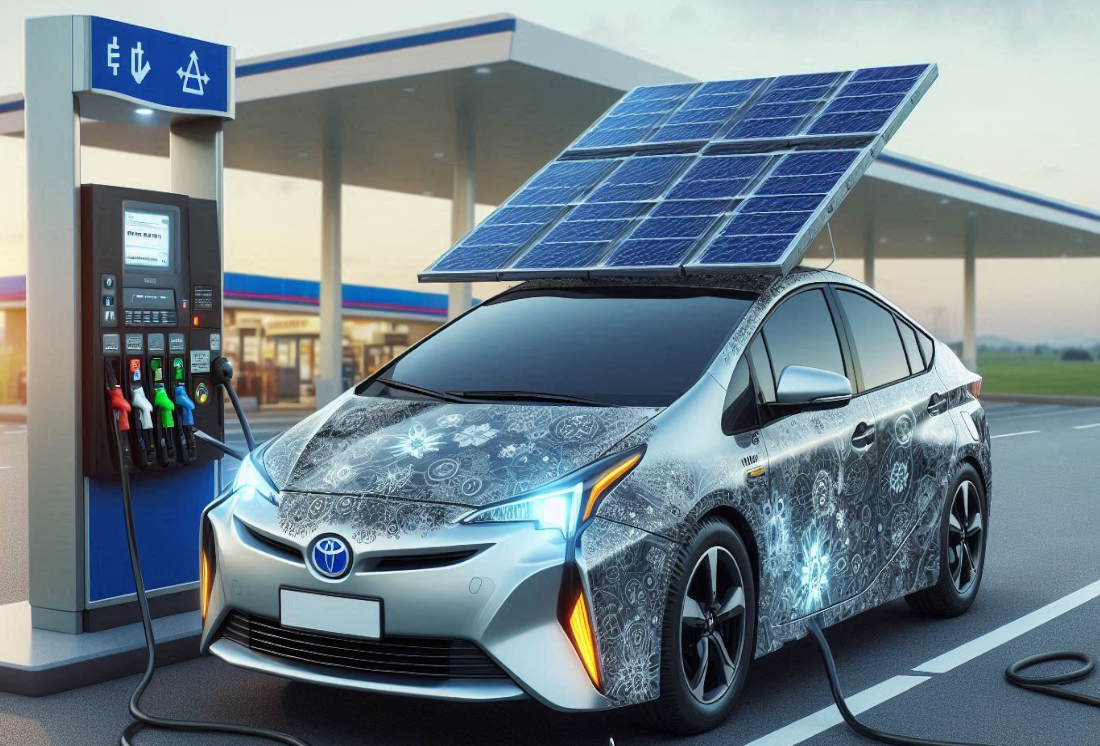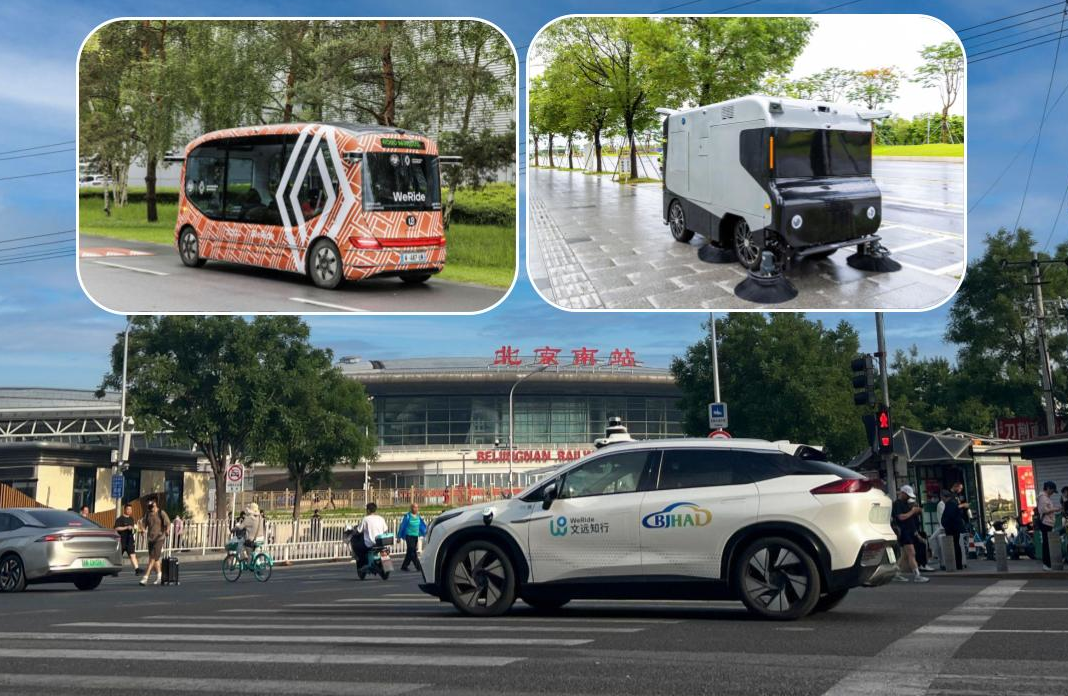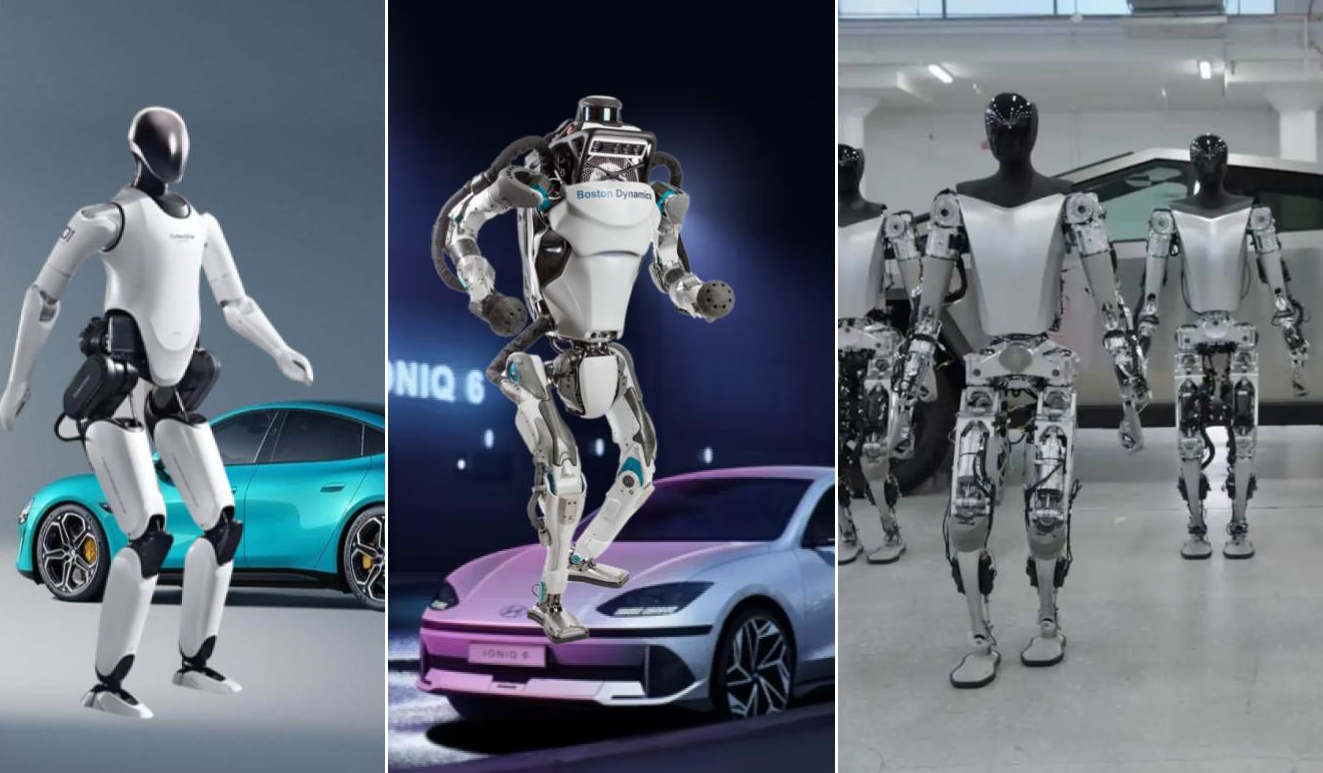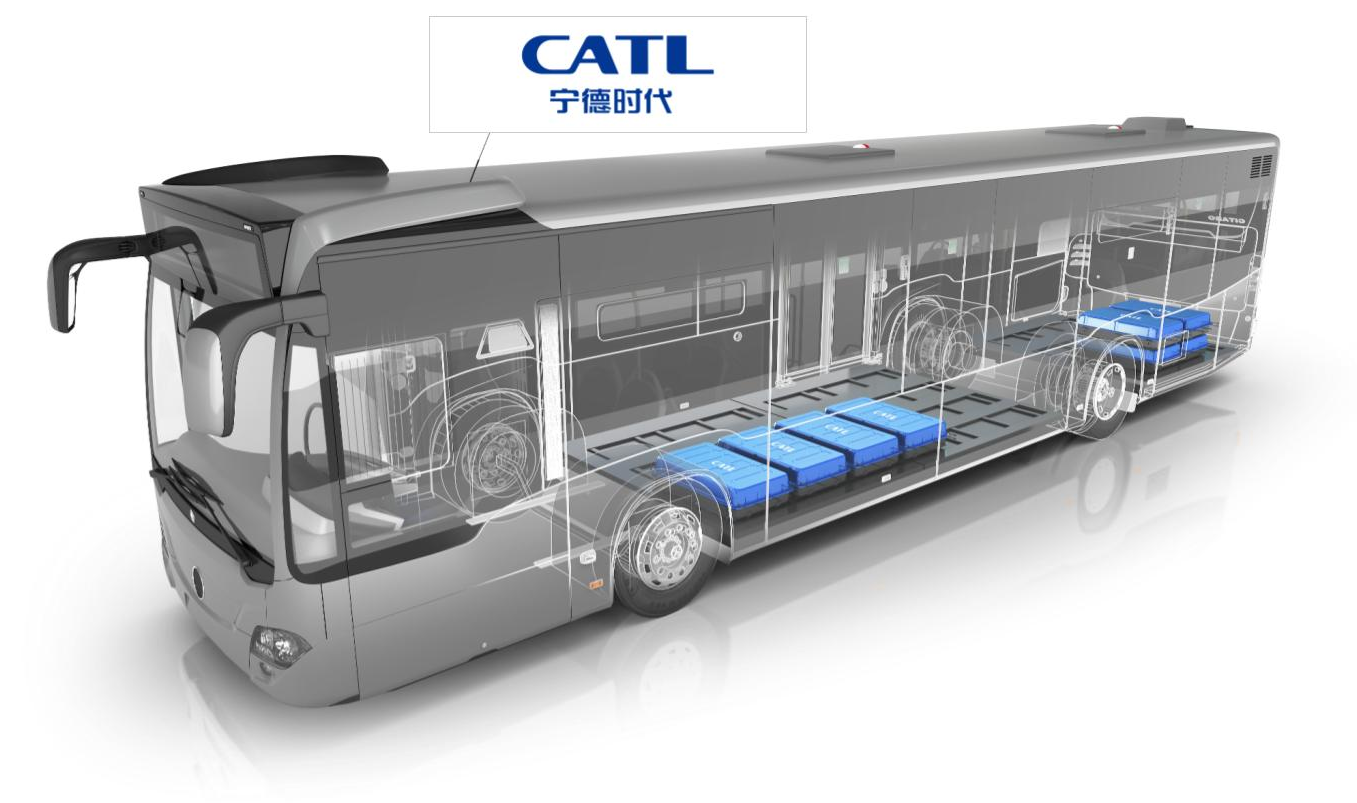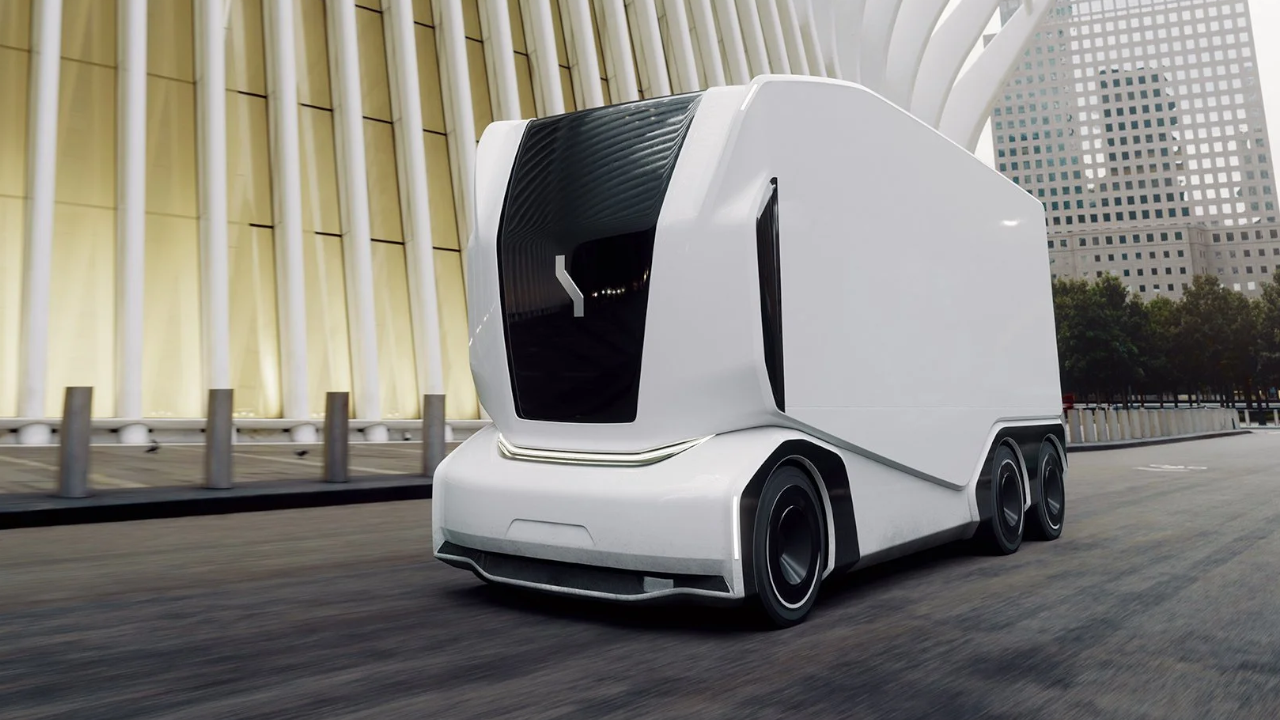BMW has joined the race to develop electric vehicles with a twist: in-wheel electric motors. Unlike traditional electric cars that use large, centralized motors connected to the wheels via a driveshaft, BMW is experimenting with smaller, more compact motors embedded directly into each wheel.
These in-wheel motors promise several advantages. By eliminating the need for bulky mechanical components, they can improve energy efficiency, reduce weight, and free up valuable space for batteries or other features.
BMW is working with DeepDrive, a company specializing in compact, lightweight electric motors that can be integrated into wheels. DeepDrive’s innovative dual-rotor motors are said to offer higher efficiency and torque than conventional designs.
While this technology is still in the testing phase and not yet ready for mass production, BMW’s positive assessment suggests that in-wheel motors could become a game-changer for electric vehicles. Earlier this year, Mercedes-Benz showcased the capabilities of in-wheel motors in its luxury electric G-Wagon, demonstrating how this technology can enable advanced features such as independent wheel control for tighter turning radii.
Both BMW and DeepDrive envision a future where in-wheel motors power a wide range of vehicles, from small city cars to larger SUVs. It remains to be seen whether Mercedes will expand the use of in-wheel motors beyond its luxury models.
